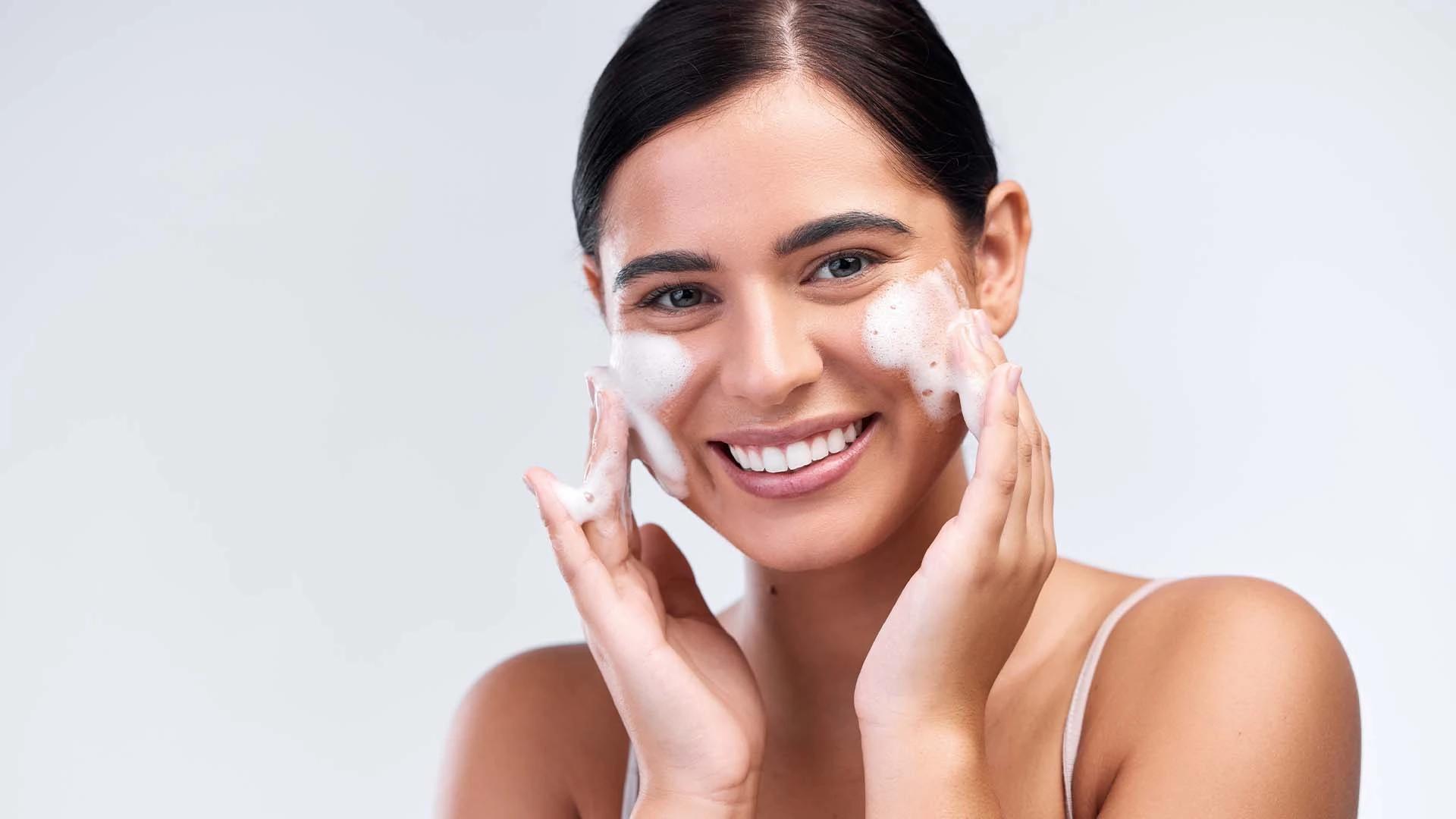Dealing with dark spots and uneven skin tone can feel like an uphill battle, especially when you're scrolling through endless product options. If you're in India and wondering which pigmentation cream might actually work for your skin, you're not alone. The truth is, finding the right hyperpigmentation treatment is less about the most expensive jar on the shelf and more about understanding what your skin actually needs. Let's break down everything you need to know to find your perfect dark spot corrector match.
Understanding Pigmentation and Its Causes
Pigmentation happens when your skin produces too much melanin in certain spots, creating those stubborn dark patches we'd rather live without. In India, our skin faces unique challenges that can trigger pigmentation issues.
The main culprits behind uneven skin tone include sun exposure (hello, tropical climate!), hormonal changes during pregnancy or periods, acne scars, and even friction from tight clothing. Melasma shows up as brown patches, usually on the face, whilst post-inflammatory hyperpigmentation appears after acne or injuries heal. Age spots tend to pop up later in life, mainly from years of sun exposure.
Key Ingredients to Look for in Pigmentation Creams
Not all ingredients are created equal when it comes to tackling dark spots. Some work faster, others are gentler, and a few might not suit your skin type at all. Here's what actually works in skin lightening products.
Hydroquinone
This ingredient is like the heavy-hitter of pigmentation treatment. It blocks the enzyme that produces melanin, making it super effective for stubborn spots. However, concentrations above 2% can cause irritation, so start slow if you're trying it for the first time.
Kojic Acid
Derived from fungi, kojic acid gently lightens skin by inhibiting melanin production. It's milder than hydroquinone but still effective, making it perfect for sensitive skin types. You'll find it in many anti-blemish lotions.
Vitamin C
This skin brightening serum superstar doesn't just fade dark spots—it prevents new ones from forming. Look for L-ascorbic acid, magnesium ascorbyl phosphate, or sodium ascorbyl phosphate on the ingredient list.
Niacinamide

